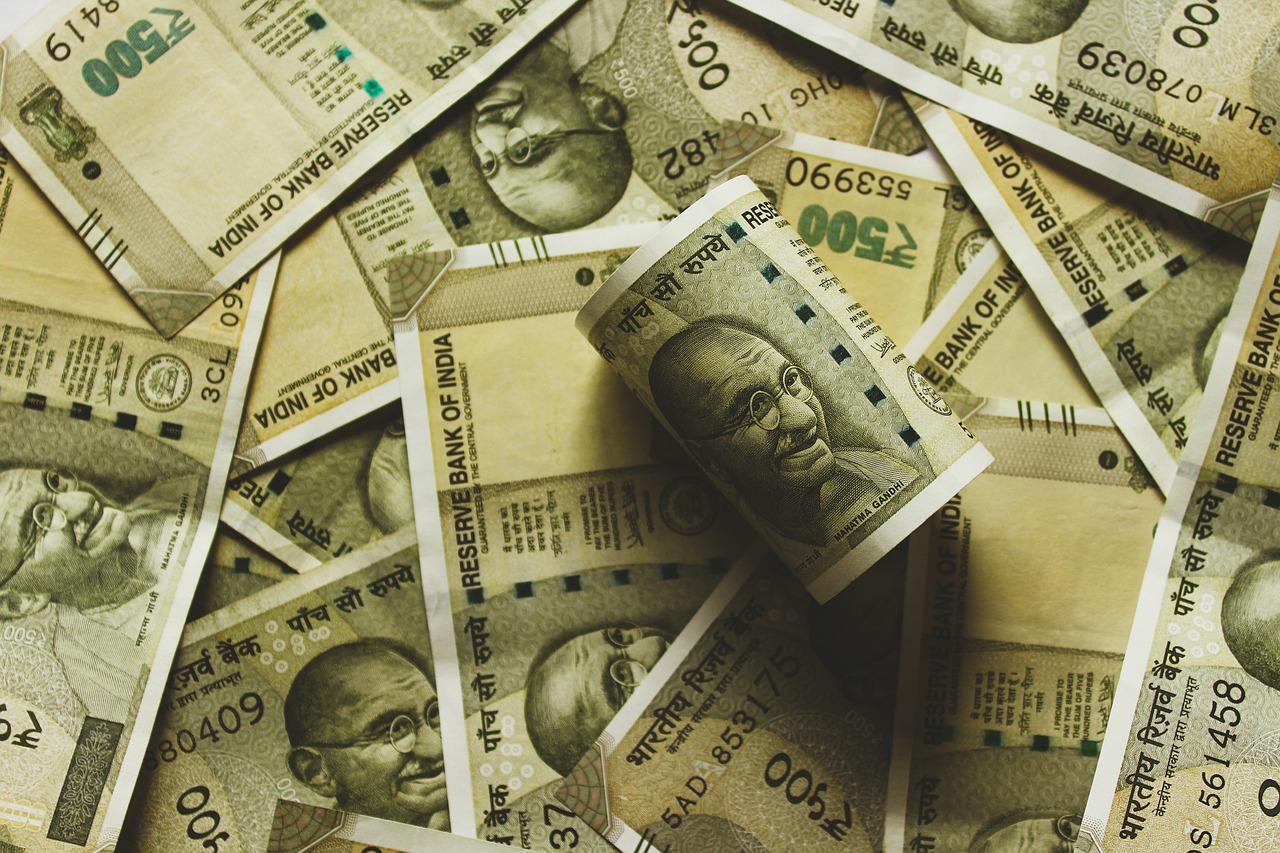Cash value is a significant feature found in whole life and other permanent life insurance policies. Think of it like a savings account that's built into your insurance policy. Here's a simplified breakdown for you:
When you pay premiums for a permanent life insurance policy, a part of that goes towards the actual cost of insurance coverage. The remaining part goes into a separate account known as the cash value. Over time, this cash value grows, kind of like a little financial nest egg within your policy.
Table of contents [Show]
The cash value growth happens in a few ways
Interest
The insurance company adds interest to your cash value, helping it grow over time. This growth is usually at a guaranteed minimum rate, which means your money is working even when you're not thinking about it.
Investments
Some policies allow you to invest the cash value in various investment options, like stocks or bonds. This means that your cash value's growth potential can be tied to how well these investments perform.
So, why is cash value a big deal?
Flexibility
As your cash value grows, you can access it while you're alive. You can borrow against it or even withdraw some of it, like a loan from yourself. This can be useful for things like emergencies, buying a house, or funding education.
Tax Benefits
The cash value growth is often tax-deferred, meaning you don't pay taxes on the gains until you actually take the money out. This can help your cash value accumulate faster.
Stability
Unlike investments like stocks, the cash value in your policy generally has a minimum guaranteed growth rate. This can provide a sense of stability in your overall financial plan.
Legacy Planning
If you don't need to use the cash value during your lifetime, it can add to the death benefit that your beneficiaries receive when you pass away. This can leave a lasting financial legacy for your loved ones.








